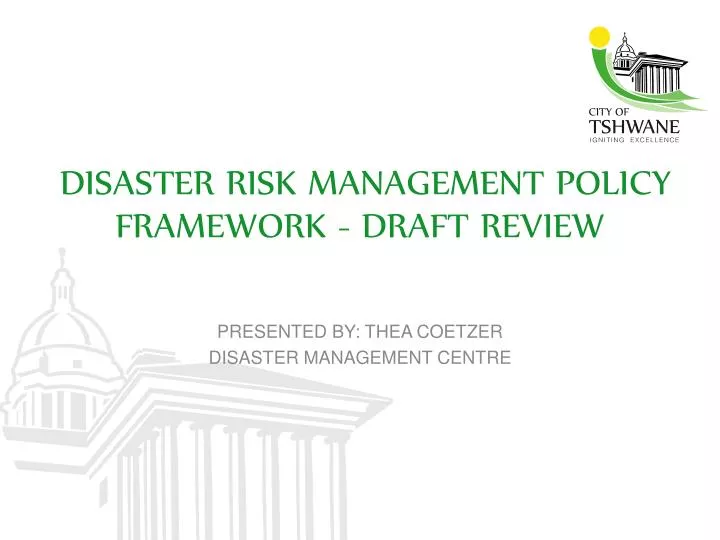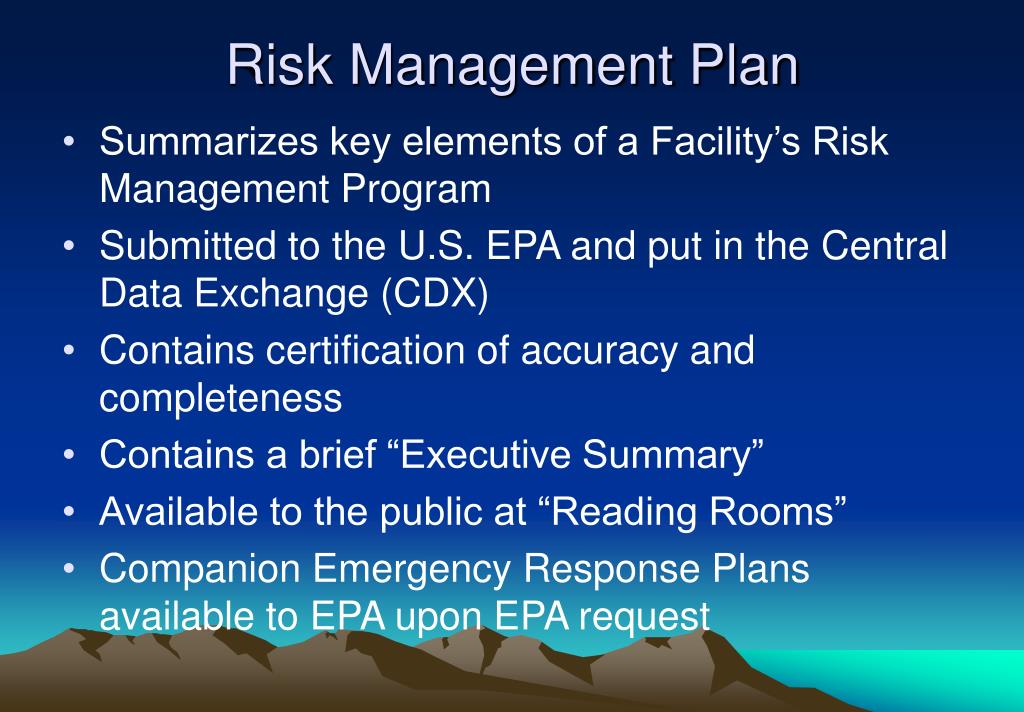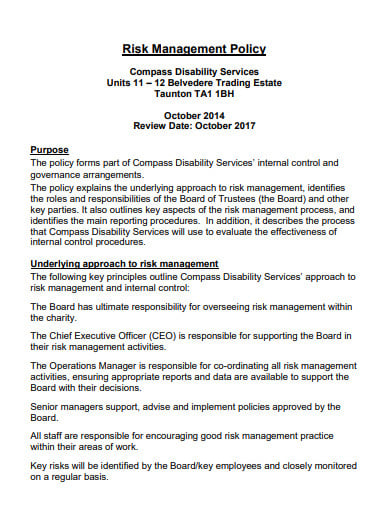

Risk Management Steering Committee (RMSC) Risk management processes will be integrated into existing departmental planning processes and management activities. Data Owners are appropriately included in the evaluation and acceptance of risk to university information.Īll employees of the university are responsible for the effective management of risk including the identification of potential risks.

Key risk indicators are identified and monitored on a regular basis.Campus Organizational unit directors develop and implement effective risk management practices within their units.

 Campus leadership supports, advises on, and implements policies. Campus leadership adopts an open and receptive approach to solving risk problems. The Chancellor with the assistance of the Risk Management Steering Committee (RMSC) oversees the management of risk on the campus. The university’s principles for managing risk are: The management of risk is continuous and should be applied at both the enterprise level as well as an individual academic and administrative unit level. Managing significant risks related to potential financial, reputational, health and safety, and legal negative consequences.ĬU-Boulder has established a risk management program to ensure that risks to university resources are proactively identified and managed by the appropriate authority. Optimizing value by balancing the cost of managing risk with the anticipated benefits. Managing risk according to best practice and demonstrating due diligence in decision making. Anticipating and responding to changing social, environmental, technological and legislative conditions. Integrating the practice of risk management into the culture and strategic decision-making process throughout the university. The university’s objectives for the management of risk include: Respond to risks based on university’s risk appetite to provide reasonable assurance that the university’s objectives will be achieved. Identify potential events, practices and procedures, trends and opportunities that may significantly affect the university’s ability to achieve its strategic goals and successfully maintain its operations, reputation, and legal obligations. The university’s risk management process is designed to: University of Colorado Boulder is committed to managing its risks proactively, holistically, and ensuring that risk management is an integral part of all university activities and a core capability.
Campus leadership supports, advises on, and implements policies. Campus leadership adopts an open and receptive approach to solving risk problems. The Chancellor with the assistance of the Risk Management Steering Committee (RMSC) oversees the management of risk on the campus. The university’s principles for managing risk are: The management of risk is continuous and should be applied at both the enterprise level as well as an individual academic and administrative unit level. Managing significant risks related to potential financial, reputational, health and safety, and legal negative consequences.ĬU-Boulder has established a risk management program to ensure that risks to university resources are proactively identified and managed by the appropriate authority. Optimizing value by balancing the cost of managing risk with the anticipated benefits. Managing risk according to best practice and demonstrating due diligence in decision making. Anticipating and responding to changing social, environmental, technological and legislative conditions. Integrating the practice of risk management into the culture and strategic decision-making process throughout the university. The university’s objectives for the management of risk include: Respond to risks based on university’s risk appetite to provide reasonable assurance that the university’s objectives will be achieved. Identify potential events, practices and procedures, trends and opportunities that may significantly affect the university’s ability to achieve its strategic goals and successfully maintain its operations, reputation, and legal obligations. The university’s risk management process is designed to: University of Colorado Boulder is committed to managing its risks proactively, holistically, and ensuring that risk management is an integral part of all university activities and a core capability.








 0 kommentar(er)
0 kommentar(er)
